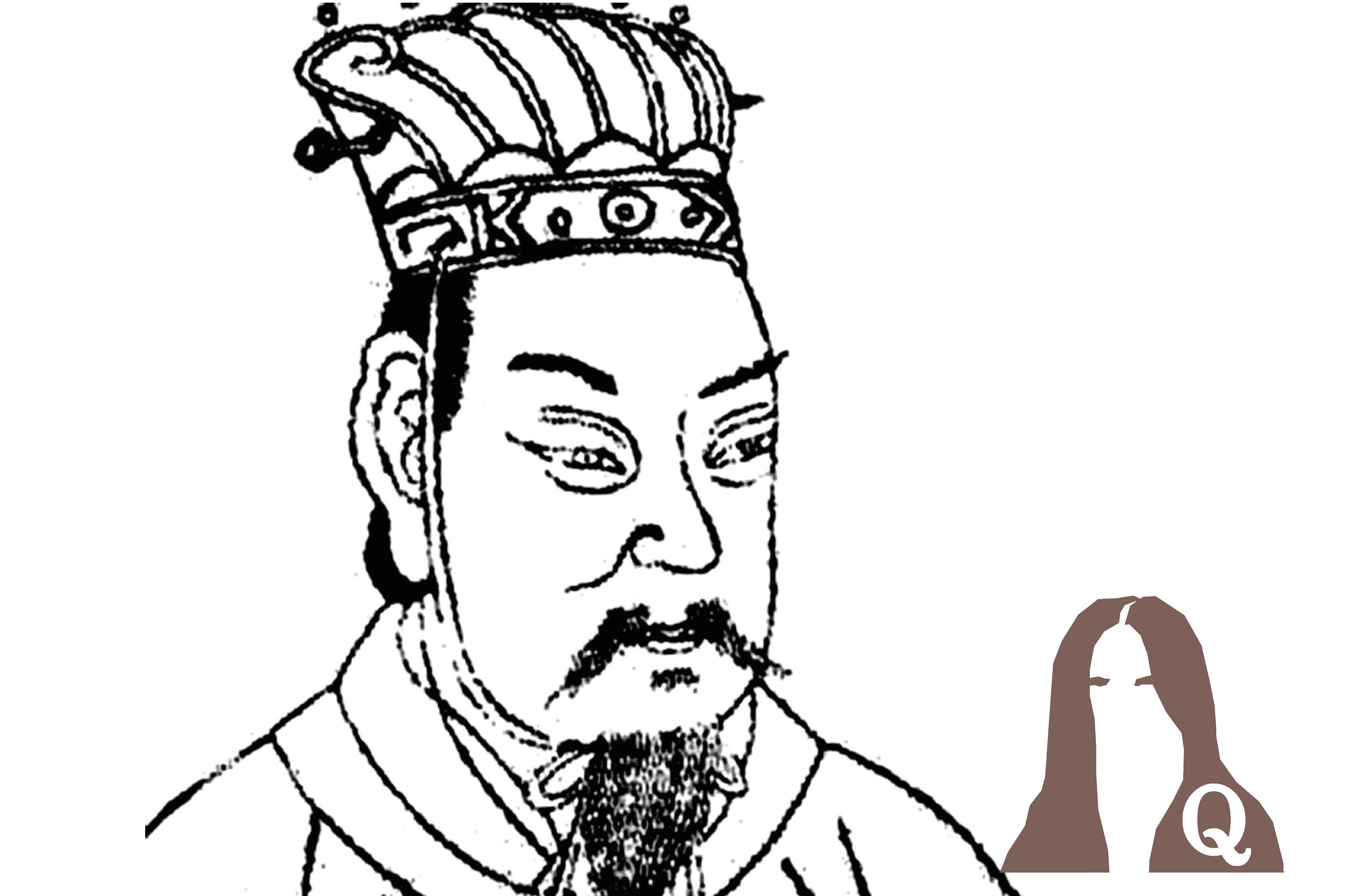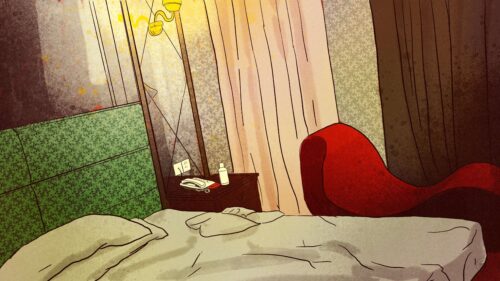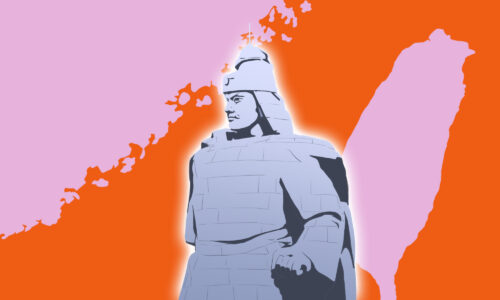Kuora: Cao Cao was a magnificently cruel bastard

This week, we take our subject from one of Kaiser’s favorite things in the world, The Romance of the Three Kingdoms (listen to this episode of Sinica on this subject). In fact, we suspect his whole affect — the long hair, his new facial hair, the swords — is all about him wanting to be a Three Kingdoms-era warlord. Here, he answers a question originally posted on Quora on May 14, 2011:
Why is Cao Cao widely considered to be a scoundrel, even though he was the appointed prime minister for the Han dynasty court and was well educated?
Popular stories vilify Cao Cao, but more serious scholarly works and even the more neutral historical records don’t paint him as such a bogeyman. But it’s the popular stories that have shaped the image of the man, alas — not his talent as a statesman, his excellent poetry and calligraphy, or his prodigious skills as a military commander.
Cao Cao is famous in the stories for having said, “I would rather betray the world than have the world betray me,” and that extremely egoistic statement makes him stand out in a Confucian world, where sacrifice to communitarian good is always the ostensibly nobler path. He’s extremely ruthless, at least in the fictional accounts.
Two stories come to mind that illustrate that ruthlessness. In the first, after failing to assassinate the warlord Dong Zhuo, who controls the imperial person in Luoyang near the beginning of the tale, Cao Cao flees the capital, a bounty on his head, with the help of an official named Chen Gong. The two of them take shelter in a farmhouse owned by a distant Cao relative. The head of the household heads off to buy some supplies to entertain the guests. Meanwhile, the paranoid Cao eavesdrops on a conversation in the next room, where he hears knives being sharpened. “Tie them up before butchering them,” he hears, and assumes that it’s him and Chen Gong they’re talking about, hoping to collect a reward. Cao and Chen burst in, swords drawn, and kill the men they find — only to discover that they were about to butcher two pigs to feast their guests. Cao and Chen flee, but on the road, encounter the head of the house, who is now on his way back to his farmstead. Cao kills the man rather than let him return to find his family slaughtered. Chen Gong later leaves Cao, now knowing him to be capable of such cruelty.
The second story takes place on the eve of a decisive battle with Yuan Shao’s armies. Yuan has become the most powerful of the warlords following the defeat of Dong Zhuo, and erstwhile allies Cao and Yuan prepare to meet on the field. Cao’s men, however, are extremely hungry and morale is low. Cao secretly purchases a good supply of grain and fodder, telling no one — including the granary officer Wang Gan, whom he then summons. He asks Wang for a report, and the granary officer says that supplies are low and the men are grumbling. Cao then orders him to distribute half rations, over Wang’s protests. Later, he summons Wang again, hears his report that the men are near mutinous, and then asks to borrow something from Wang: his head. This he nails to a placard above the camp’s gate with an announcement saying “Granary Officer Wang Gan, Executed for Embezzling Grain and Distributing Half Rations.” Cao then distributes grain from his secret stash and this sends morale soaring. Cao’s troops then go on to win a major victory over Yuan Shao.
You can see why, from these and numerous other stories, Cao is considered to be one of the bigger pricks in Chinese history.
Kuora is a weekly column.






